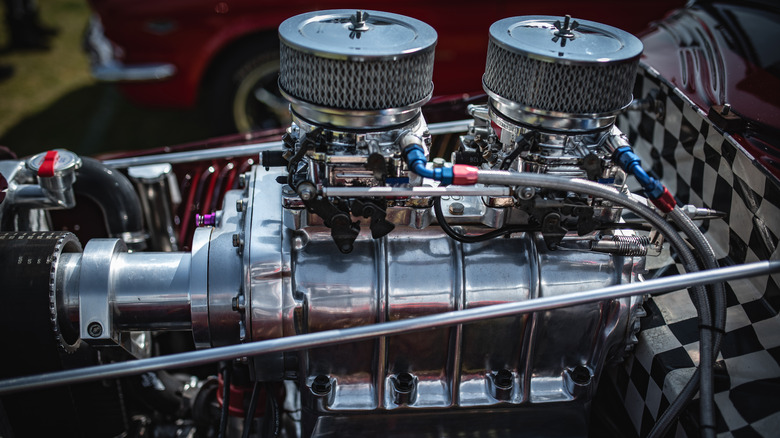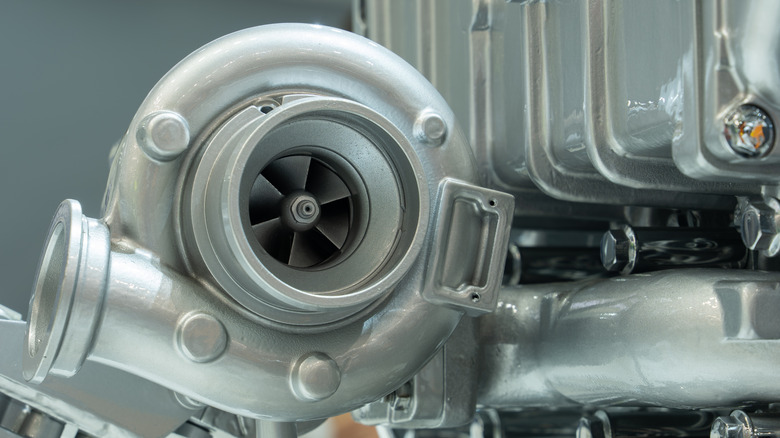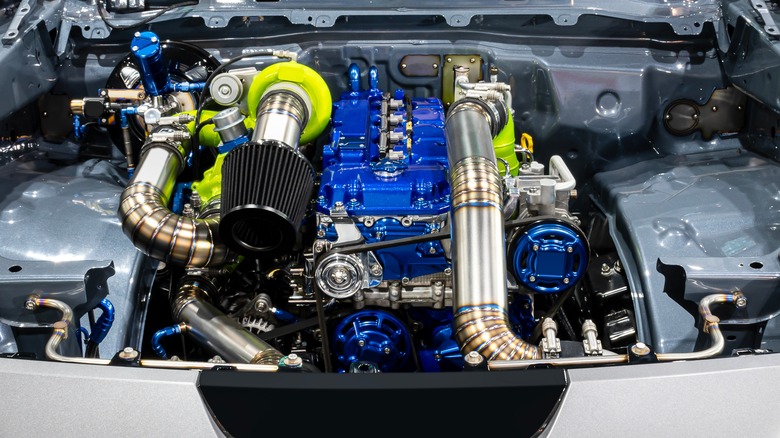Can You Install A Supercharger On A Diesel Engine? (And Should You?)
Diesel engines are renowned for their ruggedness, torque-heavy power, and workhorse dependability — not exactly the characteristics linked to high-revving, supercharged excitement. But in a world where performance tweaks are increasingly available and becoming more creative, enthusiasts naturally wonder: can you supercharge a diesel engine?
The concept is not as foreign as it first seems. Superchargers have long been a go-to fix for maximizing additional power output from gasoline engines, particularly in muscle cars and hot rods. For those chasing speed, they are a popular choice because they provide quick throttle response and a solid boost in horsepower. Diesel engines also run on forced induction, so it's reasonable to wonder whether a supercharger could have comparable advantages in that field.
Technically, the answer is yes — you can install a supercharger on a diesel engine. Regardless of the fuel type, the basic idea of boosting airflow to create more power remains the same. That does not, however, mean it is the best choice. Diesel engines are already turbocharged optimally; thus, choosing between a supercharger and a turbocharger has certain trade-offs to consider. Whether it's a worthy effort mainly relies on your objectives and readiness to stray from the well-travelled path of turbocharging.
Supercharging and turbocharging, whats the difference?
Starting with the fundamental principles of these systems, one can better understand why diesel engines are not often supercharged. A supercharger compresses air and drives it into the engine's combustion chamber using a belt attached to the crankshaft. It provides almost instantaneous power delivery free of delay in throttle response since it drives mechanically. In performance applications, when acceleration from idle or low speeds is crucial, this can be a major benefit.
By contrast, exhaust gases drive turbochargers. Although turbocharged power is far more efficient, turbos take more time to spool up, which can cause a lag before boost kicks in. Turbos increase performance and fuel economy by recycling energy that would otherwise be wasted, which is an important consideration, especially in the world of trucks and long-distance haulers.
Superchargers and turbochargers are more of a style choice, depending on the intended driving experience in gasoline performance circles. But turbocharging is just a better fit for diesel engines, which give torque and efficiency top priority. Variable geometry turbos have even addressed conventional turbo lag, so weakening the case for supercharging on contemporary diesel engines.
Why don't diesel engines typically use supercharges?
The rarity of supercharged diesel engines is more related to practicality than viability. Superchargers first consume engine power to produce boost, which directly affects efficiency. Diesel engines are prized for their mileage and lifespan, adding a power-hungry component like a supercharger undercuts both. Using free-flowing exhaust energy, turbocharged power just makes more sense for preserving the diesel balance of torque and fuel economy.
Besides, tuning a diesel engine for supercharging is more difficult than it sounds. Unlike gasoline engines, which gain from high-RPM horsepower, diesels are mostly low-end grunt. Superchargers usually offer a linear boost curve that doesn't always match the torque-first profile of a diesel. Many users find that the performance payoff simply isn't worth the additional complexity, tuning, and expense unless you're running a dual-charged system (turbo + supercharger).
However, that doesn't mean that there aren't any outliers. People have created high-performance diesel trucks with custom configurations, but these are rare rather than the norm. Not only are turbochargers more efficient, but they also fit what diesel engines already excel at, are better supported by the aftermarket, and are simpler to integrate.


